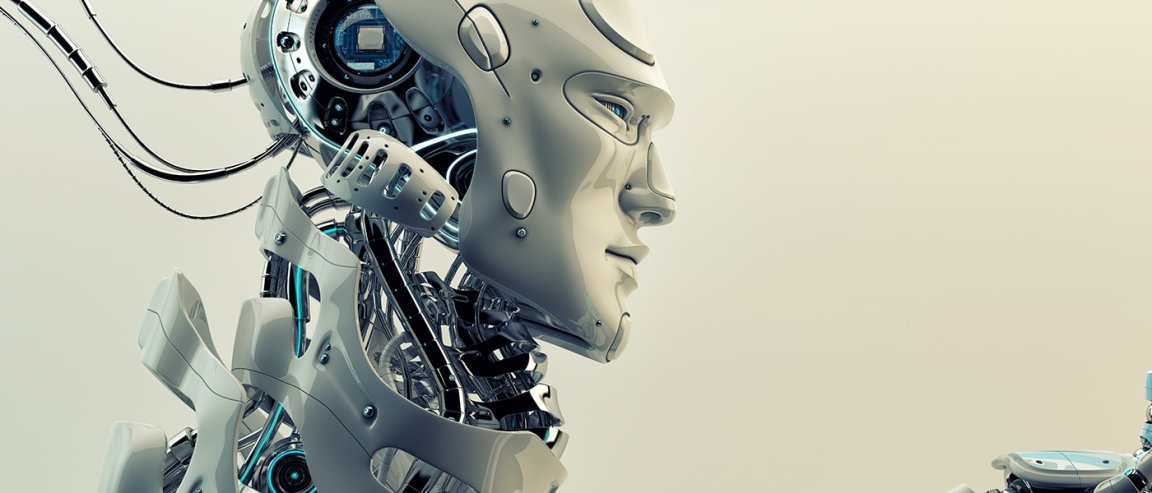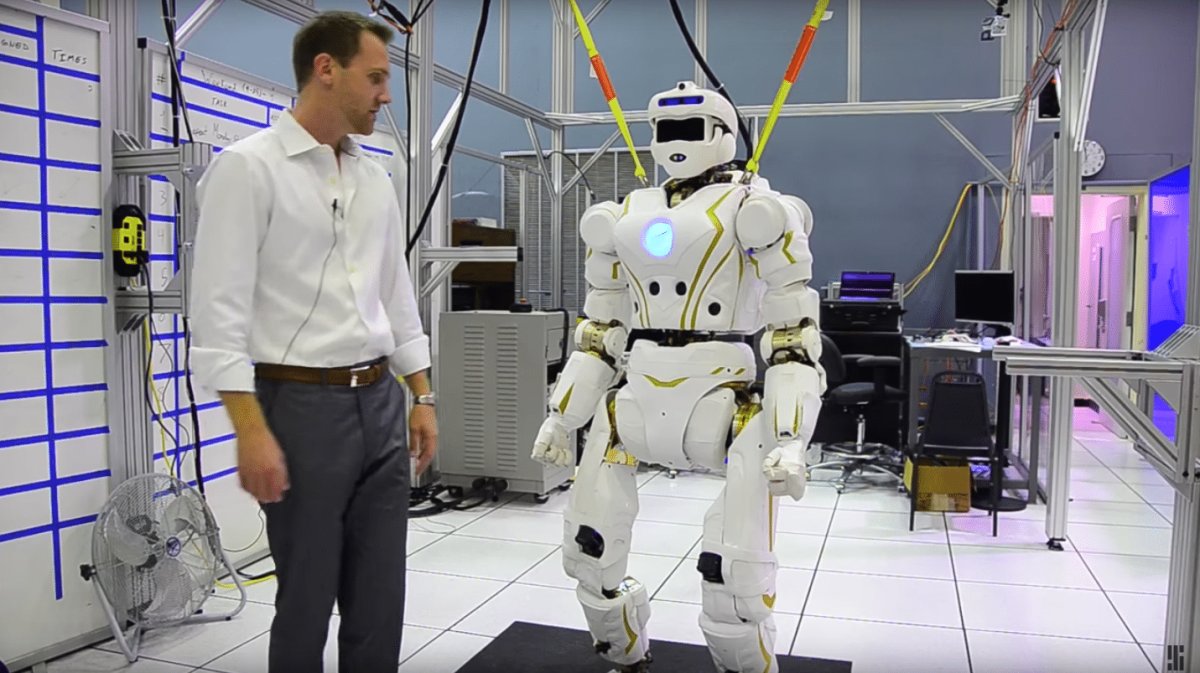
Electronic Personhood for Bots
As they say, it’s nothing unless you have it on paper, and amid global buzz on the implications of advanced artificial intelligence and robots ushering in a new kind of industrial revolution, members of the European Parliament have now called for relevant legislation to be put in place.
Yesterday, the parliament’s legal affairs committee voted 17-2, with two abstentions, to pass a report written in May: Motion for a European Parliament Resolution with recommendations to the Commission on Civil Law Rules on Robotics. Next month, the full house of the European Parliament will vote on the draft proposals, which will need to be approved by an absolute majority.
The report recognizes that the world as we know it is on the cusp of fundamentally changing, noting that the sophistication of today’s technology will “leave no stratum of society untouched.” To that end, legislation that will ensure societal stability and the safety of humans is necessary.
“A growing number of areas of our daily lives are increasingly affected by robotics,” said the report’s author, Luxembourgish MEP Mady Delvaux. “In order to address this reality and to ensure that robots are and will remain in the service of humans, we urgently need to create a robust European legal framework.”
Among the more striking propositions the paper cites are:
- Creating a legal status for robots that will dub them as “electronic persons,” implying that machines will have legal rights and obligations to fulfill. This means that robots will have to take responsibility for decisions they make, especially if they have autonomy.
- A kill switch for all robots that would shut down all functions if necessary.
- Restrictions on robots to ensure they obey all commands unless those commands would force them to physically do harm to humans or themselves through action or inaction.

Robot-Human Relationship
Apart from ensuring human survival in the event of a mutinous, Terminator-like scenario, the report also explores legislation for things that may be indirectly affected by robots.
The report’s authors point out that while robots and AI may usher in “virtually unbounded prosperity” by automating various industries, this will have a significant effect on employment. In fact, we already have one of the biggest manufacturing companies in China shifting to automated labor and displacing countless human employees. They suggest that the implementation of a universal basic income could be a way to offset this unemployment.
The report also tackles the sensitive issues of human privacy, given that machines can easily be built to include recording devices, and dignity, as many could assume care positions. It also suggests that a robot’s legal liability may need to be proportionate to its level of autonomy and “education,” with the owners of robots with longer training periods held more responsible for those robots’ actions.
A big part of the responsibility also rests on the designers behind these sophisticated machines, with the report suggesting more careful monitoring and transparency. This can be done by providing access to source codes and registration of machines. The authors even suggest forming an ethics committee, where creators might be required to present their designs before they build them.
By and large, highly intelligent robots today are regarded with novel curiosity more than they are recognized as a threat. But many technological experts and economists believe that given the rate of technological advancement in this field, robots overtaking every aspect of life as we know it is a reality that we may soon face. Members of the European Parliament certainly can’t be blamed for making an effort to set things in motion now to prepare for a perhaps inevitable future.